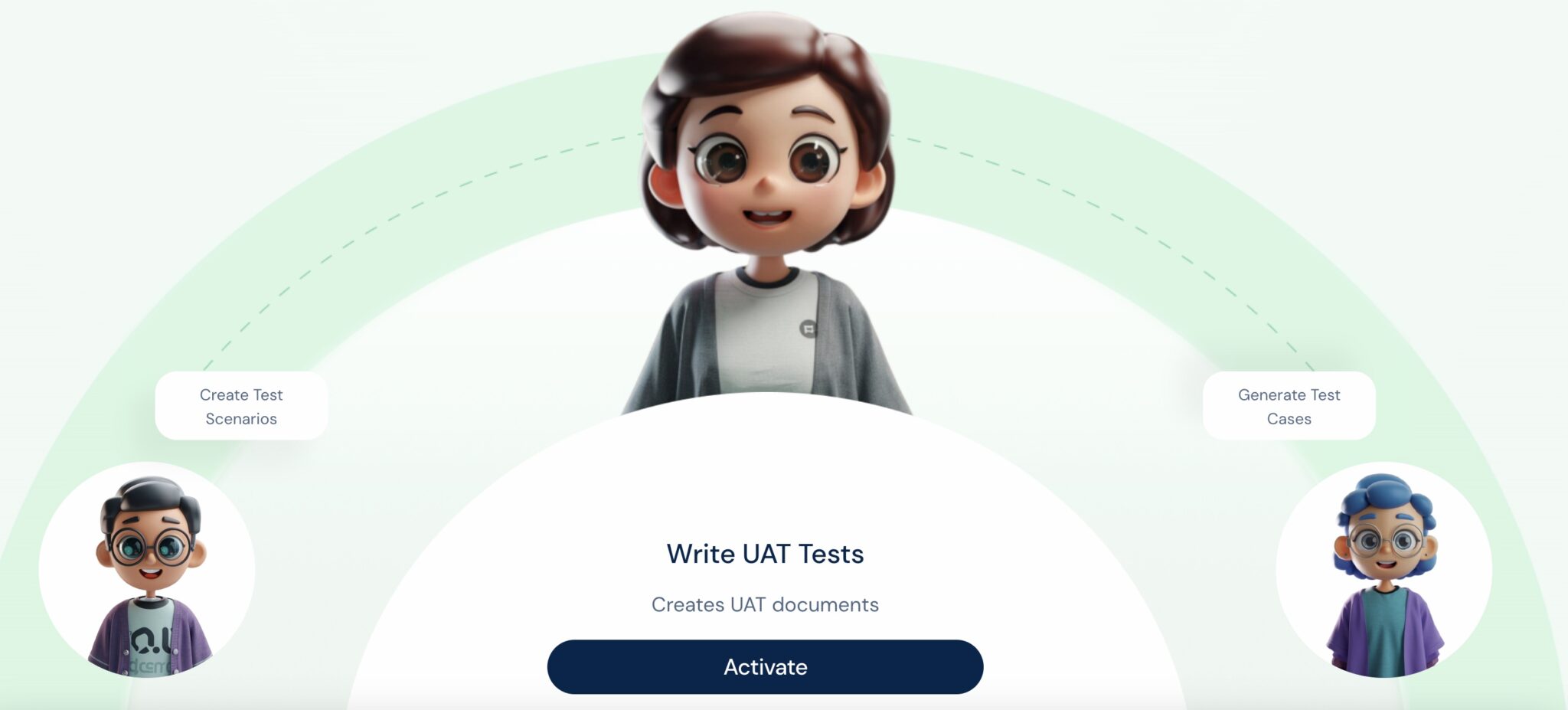Introduction
- In today’s dynamic and interconnected world, cloud computing has emerged as a transformative force, revolutionizing the way software is developed, deployed, and tested.
- This paradigm shift has brought about significant changes in the software testing landscape, presenting both challenges and opportunities for testers to adapt and excel in this evolving environment.
The Changing Landscape of Software Testing
Prior to the advent of cloud computing, software testing was primarily conducted on physical on-premises infrastructure. This traditional approach involved significant upfront investments in hardware, software, and maintenance, often leading to resource constraints and scalability limitations.
With the rise of cloud computing, the software testing landscape has undergone a remarkable transformation. Cloud-based testing platforms offer a range of advantages, including:
- On-Demand Scalability: Cloud-based testing environments can be scaled up or down on-demand to accommodate fluctuating testing needs, eliminating the need for upfront investments in infrastructure.
- Cost-Effectiveness: Cloud-based testing solutions often offer pay-as-you-go pricing models, providing cost-effective testing options for organizations of all sizes.
- Accessibility and Flexibility: Cloud-based testing platforms can be accessed from anywhere with an internet connection, enabling testers to work remotely and collaborate effectively.
- Continuous Testing and Integration: Cloud-based testing facilitates continuous integration and continuous delivery (CI/CD) pipelines, enabling faster feedback loops and improved software quality.
Impact of Cloud Computing on Software Testing Methodologies
The adoption of cloud computing has led to a shift in software testing methodologies, with testers embracing new approaches to cater to the dynamic and distributed nature of cloud-based applications. Here are some notable changes:
- Shift-Left Testing: Cloud computing has accelerated the adoption of shift-left testing, emphasizing early defect detection and resolution throughout the development lifecycle.
- Automation and Self-Healing Testing: Cloud-based testing platforms support automated testing frameworks and self-healing testing capabilities, reducing manual effort and improving testing efficiency.
- Performance Testing in the Cloud: Cloud-based performance testing environments enable testers to simulate real-world user traffic and assess application performance under load.
- Security Testing in the Cloud: Cloud-based security testing tools provide comprehensive vulnerability scanning, penetration testing, and data protection measures.
Future Scope and Research Directions
Cloud computing is poised to play an even more prominent role in shaping the future of software testing. Ongoing research and development in the field are focused on several key areas:
- AI-Powered Testing: Artificial intelligence (AI) is being integrated into cloud-based testing platforms to enhance automation, predictive analytics, and root cause analysis.
- IoT and Edge Testing: Cloud-based testing solutions are being adapted to address the unique challenges of testing Internet of Things (IoT) devices and edge computing applications.
- DevSecOps and Integrated Testing: Cloud-based testing is being integrated into DevSecOps pipelines, enabling continuous security testing and risk mitigation throughout the development lifecycle.
- Multi-Cloud Testing: As organizations adopt multi-cloud strategies, cloud-based testing platforms are evolving to support cross-cloud testing and consistent performance across different cloud environments.
Conclusion: Embracing Cloud-Empowered Testing
- Cloud computing has undoubtedly transformed the software testing landscape, presenting a multitude of benefits and challenges.
- By embracing cloud-based testing tools and methodologies, testers can streamline testing processes, improve efficiency, and deliver high-quality software that meets the demands of the modern digital era.
- As cloud computing continues to evolve, testers will play a crucial role in ensuring the security, scalability, and performance of cloud-based applications, shaping the future of software development and testing.
aiTest: A Closer Look
aiTest an all-in-one testing platform. This platform is designed to conduct comprehensive testing on your applications concurrently. It supports cross-browser and browser version testing, as well as functional and performance tests integrated with Analytics. Additionally, the platform incorporates automation features, including an LLM for effortless generation and testing of machine learning models and generating test data for the same. One-stop solution for continuous testing, integrating seamlessly with CI/CD pipelines. With support for multiple languages and specialized testing for AI/ML services, aiTest empowers organizations to speed up their release cycles while ensuring quality and reliability.


